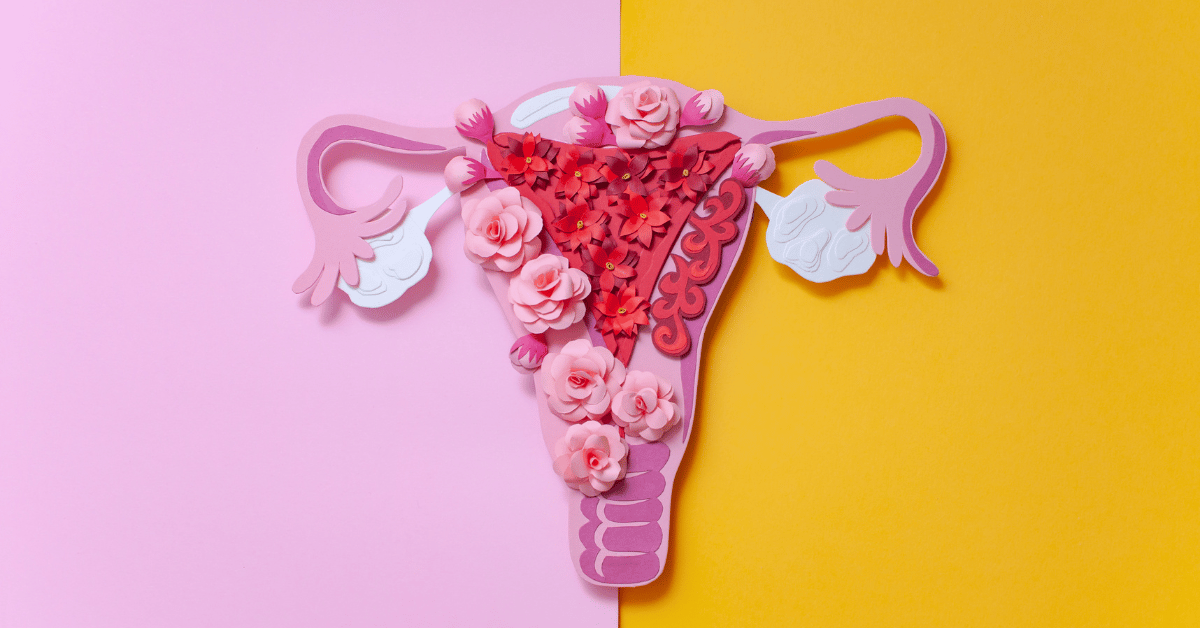Lump in the vagina: is it prolapse? Causes, signs, and solutions
A lump-like sensation in the vagina may be a sign of prolapse or a weakened pelvic floor. Learn about the causes, symptoms, and non-surgical solutions.

Cette sensation est plus fréquente qu’on ne le croit.
Beaucoup de personnes décrivent :
⇒ une gêne en fin de journée
⇒ une impression de “chose qui descend”
⇒ une pesanteur dans le bas-ventre
⇒ parfois une douleur sourde
Et pourtant… peu osent en parler.
Pourquoi ?
Parce que le périnée reste un sujet tabou.
Et parce que l’idée d’une descente d’organes fait peur.
Mais cette sensation est souvent le premier signal d’alerte d’un périnée fragilisé.
Le prolapsus (ou descente d’organes) correspond à une perte de soutien du plancher pelvien, ce qui entraîne le déplacement :
→ de la vessie (cystocèle)
→ de l’utérus (hystérocèle)
→ ou du rectum (rectocèle)
Ces organes “appuient” vers le bas lorsque le périnée ne joue plus son rôle de hamac.
Le périnée est comme le filet d’un trampoline.
S’il se détend trop, ce qu’il soutient commence à s’affaisser.
Un périnée ne s’affaiblit pas sans raison :
♦ grossesses et accouchements
♦ port de charges lourdes
♦ constipation chronique
♦ sport à impact
♦ ménopause
♦ surpoids
♦ toux chronique
♦ chirurgie pelvienne
Chez certaines personnes, plusieurs facteurs s’additionnent sans qu’on s’en rende compte.
♦ sensation de boule ou de pesanteur
♦ gêne en marchant ou debout
♦ inconfort lors des rapports
♦ douleurs lombaires basses
♦ difficultés à uriner ou à aller à la selle
Ces signes ne sont ni normaux, ni une fatalité liée à l’âge.
Dans de nombreux cas, oui.
Selon les recommandations médicales, la rééducation périnéale est le traitement de première intention dans les prolapsus légers à modérés.
Elle permet de :
→ renforcer le plancher pelvien
→ améliorer le soutien des organes
→ réduire la gêne
→ parfois éviter l’opération
Elle peut inclure :
⇒ exercices musculaires ciblés
⇒ biofeedback
⇒ électrostimulation
⇒ sondes périnéales à domicile
⇒ accompagnement par un(e) professionnel(le)
La régularité est la clé.
Un périnée se rééduque comme on réentraîne un muscle après une entorse.
À court terme, les protections semblent :
• moins chères
• plus simples
• immédiates
Mais sur la durée :
• elles coûtent plus cher
• n’agissent pas sur la cause
• altèrent la qualité de vie
⇒ La rééducation périnéale est majoritairement remboursée par la CPAM sur prescription médicale.
Chez Sugar, notre avis est clair : soigner la cause est toujours plus durable que masquer les symptômes.
Si vous ressentez :
→ une boule
→ une gêne persistante
→ une impression de “descente”
Il est essentiel de consulter un(e) professionnel(le) de santé (sage-femme, kiné, gynécologue, urologue).
Chaque situation est différente, et il existe encore des zones d’incertitude selon les morphologies et les antécédents.
Ce que ton corps te murmure aujourd’hui peut devenir un cri demain… ou une force retrouvée si tu agis à temps.
Chez Sugar, notre avis est que le périnée mérite autant d’attention que n’importe quel autre muscle.
Et si ce premier pas était simplement d’en parler ?
Découvrez les questions les plus fréquemment posées par les internautes
Non. Cela peut aussi être une tension musculaire ou un trouble fonctionnel.
Il peut s’améliorer avec une bonne prise en charge.
Non, elle est progressive et adaptée.
Oui, surtout après chirurgie de la prostate ou efforts répétés.